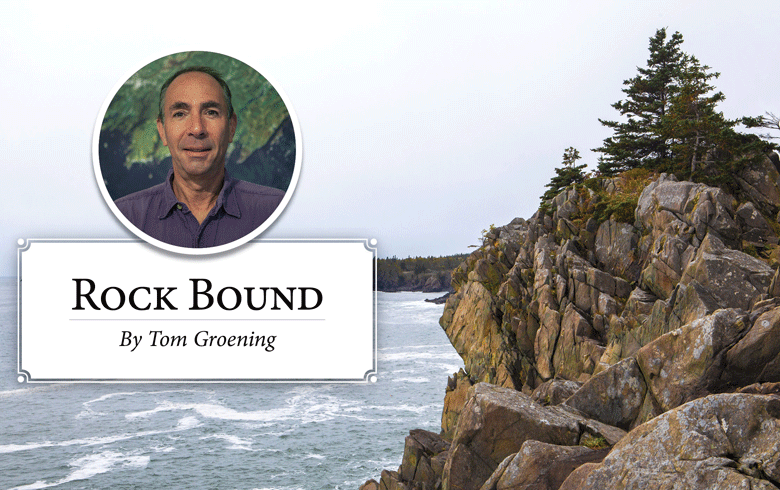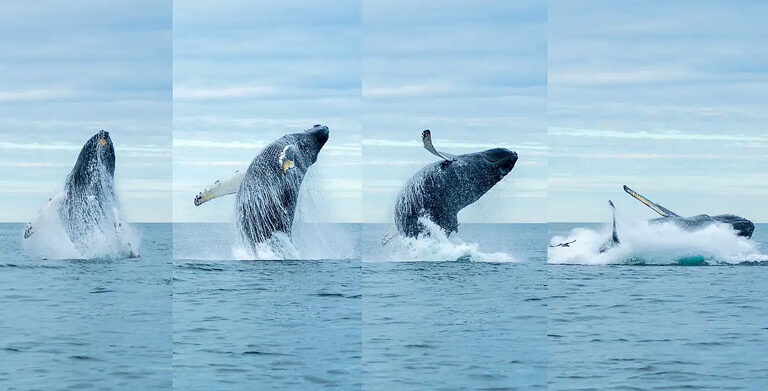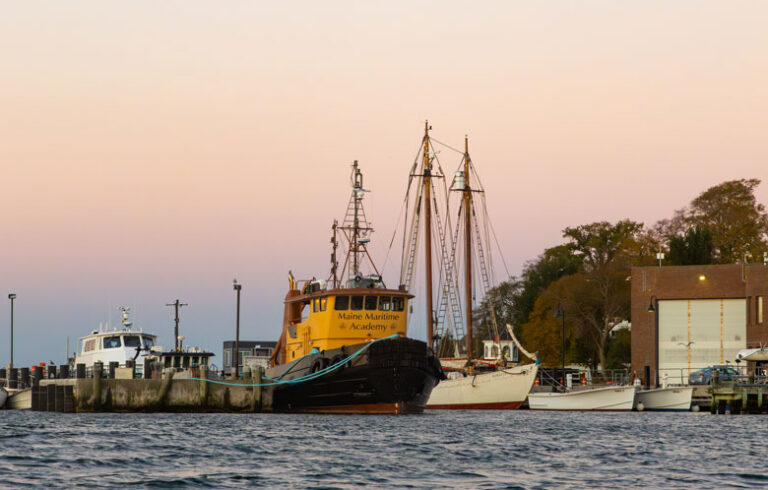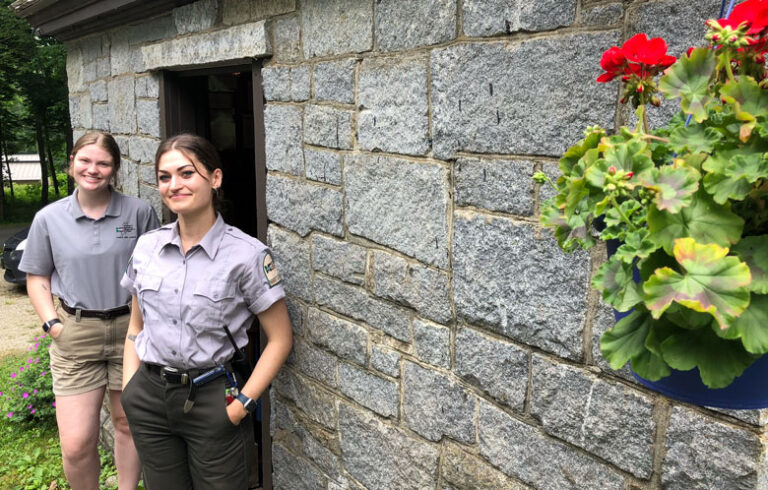Politically motivated violence. Defiance of the legal order. Rejection of long-held moral values. A widespread move toward a new social order.
I’m not talking about the state of our nation today, but about the late 1960s and early 1970s, an era that impacted coastal Maine and in many ways still does.
Last summer, I ran into an acquaintance who insisted on sharing with me a memoir he had put together about those years and his arrival in Maine. David is a gentle sort of guy who spent his working years in education. I know his wife, and happened to write stories about their son when he was in elementary school and then later when he was an adult.
“It wasn’t what we talked about tonight that was so far out. It was the quality of discussion.”
I wasn’t sure what to expect, flipping through the slim, spiral-bound collection, but once I began reading, I couldn’t put it down. Titled “Twitchell Hill Commune Reminiscences,” its entries are inspired by and include passages from David’s journal during those days, when he and several friends left Boston and landed in Montville, intending on creating a commune.
It’s worth considering the meaning of the term; I suppose the key elements of a commune are living together with a group of people, sharing property and responsibility. A commune doesn’t have to be rural, but the folks in those years wanted to move to the country and build their houses and grow much of their food.
It’s hard to believe this about David, but as he writes about his activism with the Students for a Democratic Society—the SDS—he discloses his move toward a more radical group, a response to being attacked for his opposition to the war in Vietnam and the lack of change in U.S. policy.
“I lost my patience with non-violence and joined up with the violent Weathermen,” he writes. “Being part of the Weathermen was a frightening, terrible, traumatic experience. In the fall of 1969 I was shot twice in the right side and shoulder by the Chicago police while participating in a demonstration.”
David left the group after a year, and he writes about how he grew to understand that his intractable, harsh political stances were hurting his relationships.
David and his friends, who knew each other from Northeastern University, decided to come to Maine and buy 70 acres in Montville, a farm community west of Belfast.
From his journal, an entry on Sept. 3, 1971:
“We all just finished a long meeting of sorts discussing what style house we want—saltbox type or barn-roof type. I wanted a smaller place. Most everyone else wanted a large house. It wasn’t what we talked about tonight that was so far out. It was the quality of discussion. The ‘meeting’ was really lots of fun.”
David’s descriptions of his and the group’s interactions with the locals are especially colorful and sweet. The farmers and their families seem to accept these outsiders and help them. The group runs afoul of the law in “scrounging” for their house what they think are cast-off railroad ties, but matters resolve peacefully.
Dairy farmer Henry Peavey “treated me with kindness and respect and went out of his way to help us out,” David writes. When it came time to build the chimney on the house, which David volunteered to do, he realized he had no idea how to proceed.
“David, I’ll show you how to build a chimney,” Peavey tells him with a big smile, and mixed the mortar and started the work to get David going. Late that fall, Peavey shows up at the commune, hauling a shed on a trailer that was going to be torn down.
“Thought you might be needing this,” he says. And they did. It was impossible to heat the large house they’d built that first winter, and so they spent a lot of time in the shed.
Not surprisingly, the commune didn’t last, and David and the others settled down with spouses in their own places.
About 25 years ago, a different version of “intentional community” was created in Belfast, dubbed a “co-housing ecovillage.”
Imagine living “in a small neighborhood where everyone knows each other—a caring and stimulating environment where you all share some important core values…” was the pitch. The houses sell well-above median prices, and there is a common building for shared dinners. It’s a far cry from David’s experience scrounging lumber and trying to get a house up to livable temperatures in winter.
Can people live together in a group or is the family unit a more natural and fruitful arrangement? I’ll leave it to the sociologists to discuss. But David and his family have contributed to making Belfast a better place, and I’m glad they’re here.
Tom Groening—who lives with his wife in the woods away from other people—is editor of The Working Waterfront. He may be contacted at tgroening@islandinstitute.org.





